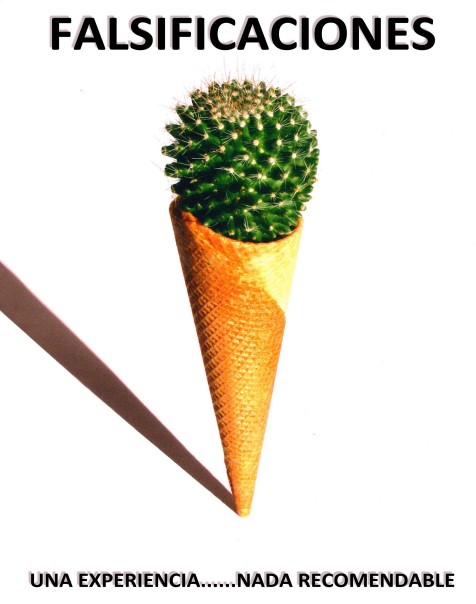
September 2022 | Bulletin num.147 |
Subscribe
|

Food counterfeitingFood crime and fraud can take many forms, affecting the quality, authenticity and safety of food. Adulteration, the addition of a foreign substance that is not on the product's label to reduce costs or counterfeit higher quality, is an example. Another example is substitution, replacing an ingredient with a similar substance of inferior quality. No industry is immune. From sweets, herbs and spices, and meat, to olive oil and wine, nearly every type of food and drink has been subjected to these types of practices. Sometimes this is due to intentional criminal behavior, other times due to non-compliance. In accordance with the Spanish Food Code, any food in which any of the following circumstances occurs is considered falsified:
Old problem, renewed interest Since ancients Greeks and Romans, the food industry has attracted criminals. It is lucrative, requires a lot of cash, and is often regulated by legislative frameworks that make prosecution and surveillance difficult. It hardly suffers financial setbacks. Since we depend on food for our daily survival, price changes have only a limited effect on the demand for food. Food crimes often go unnoticed and carry relatively low penalties, depending on the case. In addition to being a threat to public health and safety, food crime is a reputational threat to the food industry. It can also be an indicator of more “serious” or traditional crimes. The regulation and control of food crimes can help the authorities to detect other crimes. Tax irregularities, money laundering, tax evasion or document fraud can be identified through the discovery of food crimes such as breaches of hygiene regulations, and vice versa. Food crime can also indicate the presence of organized criminal groups infiltrating the food sector. As these cases show, tackling food crime requires cooperation between food regulators, police, health and commerce departments. Food crimes have been around for a long time. The consequences of food crime are serious, from making people sick to supporting organized crime. Since 2011, Interpol and Europol have coordinated the development of an operation whose objective is to combat food counterfeiting. The first phase of the Opson operation saw the participation of 10 countries, mainly from Europe. Since then, Operation Opson has engaged more and more countries to address this issue. In the tenth edition of Operation Opson, carried out in 2021, police authorities from 72 countries have participated, 26 of which were member states of the European Union (EU). Members of the EU Directorate General for Health and Food Safety (SANTE), the European Union Intellectual Property Office (EUIPO), national food regulatory authorities and private sector partners have participated in this operation. Operation Opson – 'food' in ancient Greek – is an annual law enforcement operation aimed at removing substandard or counterfeit food and beverages from the market, as well as dismantling the organized crime groups involved . Participants from law enforcement, customs, and national food regulatory agencies carry out checks at shops, markets, airports, and seaports to locate and seize substandard or counterfeit food products. In Spain the operation is led by the Civil Guard. The tenth edition of Operation OPSON X, coordinated with Europol and Interpol, continues to be dedicated to the investigation of food fraud. In the exploitation phase, controls against counterfeiting, sale, labelling, trade, illegal distribution or adulteration of food products and economic fraud were intensified. At a European level, around 68,000 controls were carried out, with 663 arrests and an economic fraud of some 53.8 million euros has been estimated, with a total of 15,451 tons of food seized. In Spain, the Civil Guard has intensified surveillance of the relevant threat posed by agri-food fraud, in which the production and distribution of counterfeit or low-quality products stands out, which directly influences the consumer market. The operation culminated in the arrest or investigation of 120 people in 16 operations against food fraud More than 600 tons of seeds and plants were seized, as well as 116,000 liters of spirits. In this edition, the operation has focused on wine and alcoholic beverages, passport and horse meat for human consumption, honey and beekeeping products, as well as seeds and plants.
|
Table of contentsMeeting of the Consultative Committees of the Spanish Chamber of Commerce with the President of the European Patent OfficeClosing of the twinning project (Twinning) with the Egyptian Patent OfficeStudy on artificial intelligence and the defense of Industrial Property rightsBlogLa lucha contra las falsificaciones desde la Policía Científica |